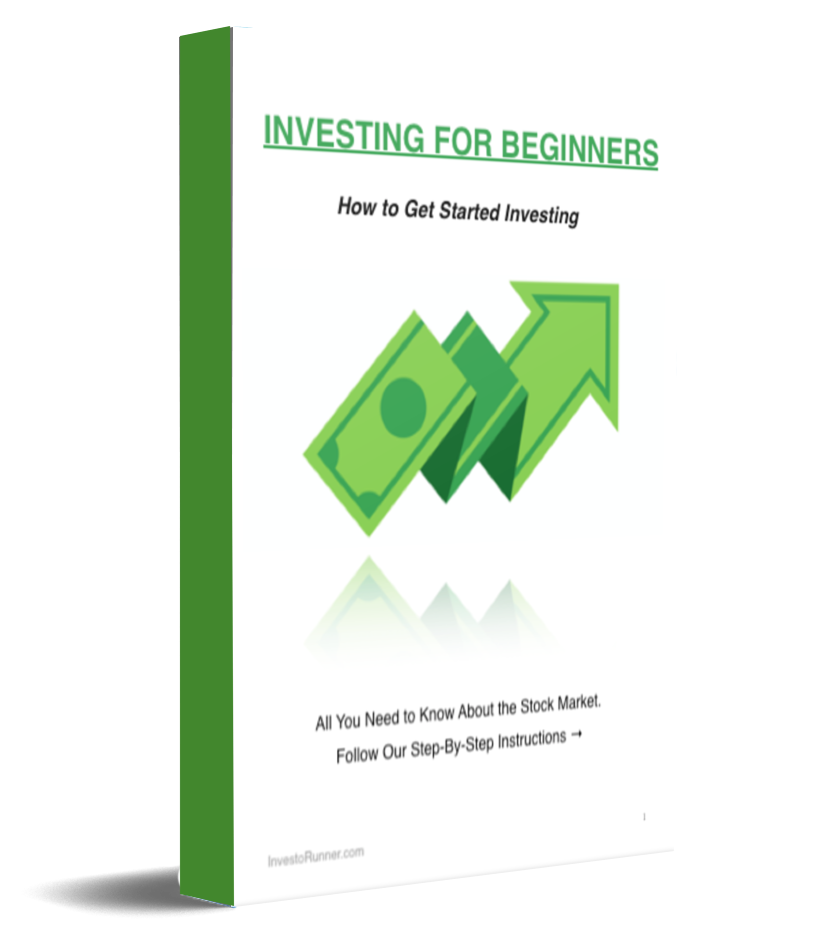
When it comes to trading Forex, regulations play a key role in protecting the clients and offering guidance to brokers. Treating their clients fair and offering the best services is the top Forex broker’s main advantage. Regulations imposed on Forex brokers sometimes limit maximum leverage and may ban certain instruments, and it is vital to know where your broker is regulated. In this guide, we will consider Forex trading regulations around the globe and how to select suitable trading service providers for maximum safety.
Forex brokers and how to find the most suitable one
When trading Forex, it is important to have a broker that adheres to strict guidelines and laws set by regulators. Most of the beginners in Forex trading often omit the importance of regulation since there are other critical factors like fees, commissions, and policies to protect client funds and provide them with cutting-edge defense against various risks. However, professional traders may prefer brokers regulated in certain jurisdictions. There are many websites reviewing and sorting brokers that are valuable for traders who want to shorten time needed for research and broker evaluation. Other traders' opinions are important as well when selecting a trustworthy broker. Review websites that offer both functions are very rare. Reading the best FX brokers rated will provide valuable knowledge to compare and select the most suitable and trustworthy broker.
Most strict Forex regulators in the world
There are several countries in which Forex trading is regulated heavily. The USA, UK, Australia, Canada, and other developed countries are among the most strict regulators. The main regulators from these countries are
- The Commodities Futures Trade Commission (CFTC) – USA
- Financial Conduct Authority (FCA) – UK
- The Investment Industry Regulatory Organization of Canada (IIROC) – Canada
- Australian Securities and Investment Commission, ASIC – Australia
- Japanese Financial Services Authority (FSA) – Japan
These regulators together with Germany and Switzerland regulators are among the most reputable ones. Whenever you see their name in the regulators' list for any broker, it indicates that the broker is highly legitimate. But it is not enough that a broker says they are regulated, always double-check with the regulator by providing the license number of the broker. This will ensure the broker is really regulated and not lying. It is possible to search if the broker is regulated on the website of regulators.
The regulations in the USA are among the strictest in the world. While 90% of brokers offer CFDs to other international traders, it is not legal to offer CFDs as trading instruments in the USA. This is caused by the 2008 financial crisis in the USA. CFDs are super risky, but when provided under strict regulations can be made into very well-designed speculative instruments. They offer the ability to short-sell the asset right away without owning the underlying asset. Many developed countries are also taxing the profits made in trading, further increasing the burden for traders. This tax is called capital gains tax and is operating in the USA and UK. Another important aspect where developed countries’ regulators are restricting brokers is the maximum allowed leverage. Leverage is a double-edged sword, and trading with leveraged money can amplify both profits and losses. In the USA, the highest leverage allowed for forex major pairs is 1:50, and for other pairs, it is 1:20. In the UK, Forex brokers can not offer more than 1:30 and 1:20 for major and minor pairs respectively. CFDs are legal in Japan, Canada, and France but are heavily regulated, providing little room for fraud. It is illegal to trade CFDs in Iran, and there are strong fines and imprisonment for such activities.
Offshore regulators – pros and cons
The most popular offshore regulators include
- Financial Services Authority of Seychelles (FSA Seychelles)
- British Virgin Islands Financial Services Commission (BVI FSC)
- Cayman Islands Monetary Authority (CIMA)
- Mauritius Financial Services Commission (MFSC)
- Vanuatu Financial Services Commission (VFSC)
- Saint Vincent and the Grenadines Financial Services Authority (SVG FSA)
The offshore regulators are not as strict as the overseeing bodies mentioned above, but they still provide basic defenses against fraud and scams.
Pros of offshore regulators
- Less strict and prohibitive when it comes to CFDs
- Leverage is considerably high, providing the ability to start trading with a small budget
- Tax-free – traders are not required to pay taxes on capital gains.
But there are cons too when using brokers regulated by offshore authorities
- Lack of investor protection
- Limited oversight
- Difficulties in legal action – this is probably the most critical downside, as it is hard to take legal action against offshore regulated brokers.
These pros and cons will make it easy for traders to make wise decisions and select the proper broker. It is crucial to take into account other traders' opinions and ratings before selecting the broker. Generally developed countries' regulators are the most trustworthy, but it is difficult to start trading with a small budget, while with offshore regulated brokers there are higher risks of losing money.





